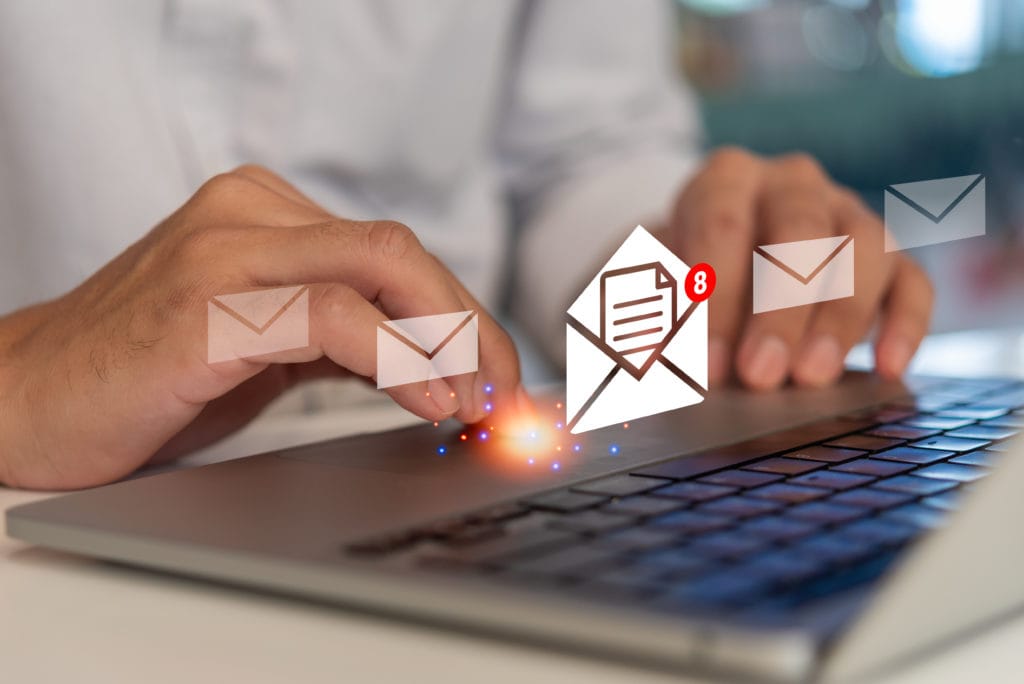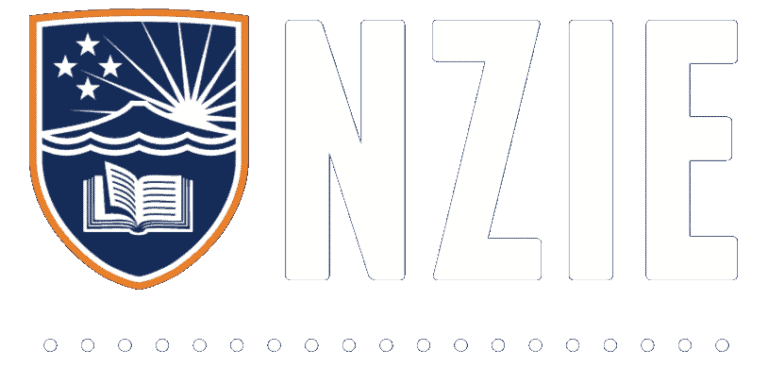
By Kristine Aitchison
Author & Content Specialist
If you’re relying on social media for your marketing, then you’re missing a huge opportunity. It’s amazing how many businesses aren’t building an email list and taking advantage of email. If done well, email marketing is a direct opportunity to communicate with an audience who once engaged with your product or service. If you’re not emailing them regularly, someone else is. So, who do you think they’re going to go with when it comes time to buy?
The cons of relying on social media
There is an obvious downside to relying too much on social media marketing, and that is your social media accounts can be deleted at any time.
Recently, a New Plymouth couple who used Facebook Marketplace to sell secondhand goods for their business had their account deleted, an issue that seems to be becoming all too common. That’s why it’s important to collate a contact list and make email marketing an part of your strategy.
More than a promo tool
Tiffany Bartlett is a digital marketing specialist and email is her specialty. She says that email marketing is essential because modern marketing is customer centric. It is so much more than just a tool for promotion.
For a not-for-profit, email can be used to stay in touch with their key stakeholders and donors. Accountants can keep their clients up to date with important tax information, and retail stores can use it to offer customer loyalty promotions.
She explains that every email campaign should have a defined audience, goal, and key message; and that the best email campaigns are driven by data and mutually beneficial for the receiver and the sender.
Keeping subscribers engaged
Email marketing automation refers to the process of automatically sending emails or a series of emails when a subscriber performs a particular action, such as subscribing to an email list, completing a purchase, or clicking on a link. For example, when you make a purchase you receive an automated thank you email.
Email automation is a way to continue to engage with your subscribers based on their actions. Think of it as moving your customer down a sales funnel, with minimal effort. For example:
- Email 1: Thanks for your purchase.
- Email 2: Here are some ways you can use our product.
- Email 3: Fill in our survey and get 10% off your next purchase.
All of this can be achieved with email automation.
Dr Waseem Alzaher from The Cannabis Clinic uses marketing automation to create personalised email and text communications for his clients, based on their prescription requirements and engagement with his website. The nature of his product means that Meta (Facebook and Instagram) marketing and advertising isn’t an option. Instead of creating a generic email that goes out to his whole audience, he creates personalised communications depending on his client’s needs. His “goal for marketing automation is to help each person feel personally communicated with”.
The power of personalisation
Tiffany says, “The best emails use personalisation” and speak to one person as opposed to many. She recommends segmenting your email list with people who have common interests and behaviour. She explains that “Many assume that personalisation just involves using your subscriber’s first name but it’s so much more.”
You can personalise by location, behaviour and demographics, insert different currencies, or suggest products based on people’s interests or search history.
Your goal doesn’t need to be a sale. A successful campaign is one that brings your subscribers further down the sales funnel and keeps them on the journey with you and provides valuable data you can use for future email campaigns.
Written by Kristine Aitchison: Guest Writer & Content Specialist
Kristine is an experienced content writer, specialising in marketing and communications. Showcase your expertise with regular blog content. Visit morethanmerewords.nz.



